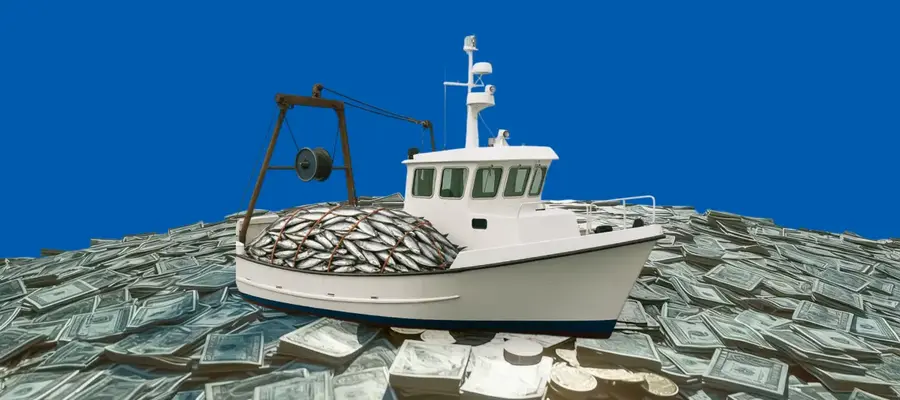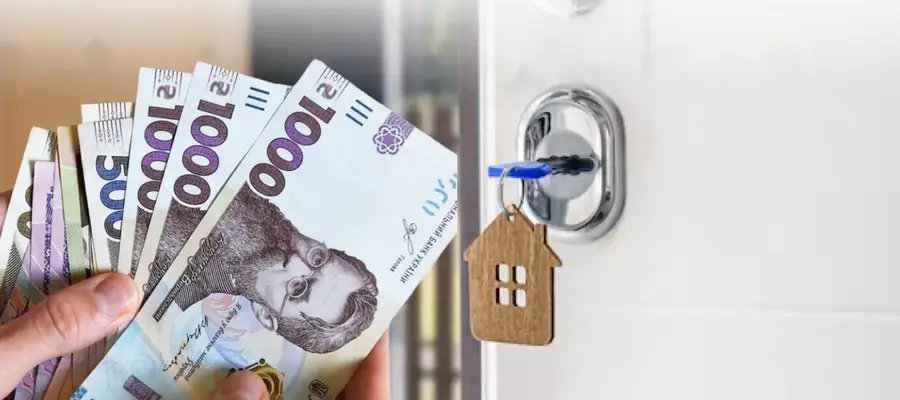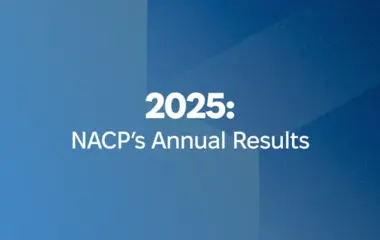The National Agency on Corruption Prevention (NACP) has completed a routine inspection of the organisation of work on preventing and detecting corruption in the activities of the State Agency of Ukraine for the Development of Land Reclamation, Fisheries and Food Programmes.
NACP noted the work of the Anti-Corruption Commissioner in raising awareness of anti-corruption legislation among employees. However, it identified a number of shortcomings that negatively affect the effectiveness of the anti-corruption policy implementation in the agency. These include:
- insufficient staffing of the authorised unit for the prevention and detection of corruption;
- lack of inspections of the organisation of work on the implementation of the anti-corruption programme, ensuring measures to prevent and detect corruption in the subordinate institutions of the State Agency, a systematic approach to inspections of contractors and the impact of anti-corruption commissioners on the identification of corruption risks;
- lack of an act regulating internal procedures for reviewing reports of possible corruption offences. Some units have not established channels for submitting such reports, and the procedure for their consideration and the mechanism for responding to them are not followed.
NACP also identified systemic corruption risks in the State Fisheries Agency:
- The use of official powers for personal gain in the disposal of state property:
One of the state enterprises of the State Fisheries Agency owns about 2.7 thousand hydraulic structures (dams, water intake structures, water pipes, etc.). At the same time, the company has not ensured proper accounting of hydraulic structures and registration of state ownership of most of them - only 374 objects have been entered in the Unified Register of Real Property Rights.
This situation creates risks of misuse of hydraulic facilities or their disposal from state ownership with the assistance of officials of the balance holder, who may receive undue benefits for this. The existence of such a corruption risk is confirmed by the cases recorded by the NACP:
Long-term, sometimes up to 20 years, use of hydraulic structures without concluding lease agreements;
conclusion of agreements by the previous balance sheet holder on the transfer of property of the State Fisheries Agency for use bypassing the procedure established by law and without the participation of the State Property Fund of Ukraine.
- Using bioresources (fish and other aquatic organisms, algae and other aquatic plants) and seized illegal fishing gear for personal gain:
During the period of martial law in Ukraine, confiscated property may be transferred free of charge for the needs of the army, such as seized fishing nets. To do so, the regional military administration (RMA) must be informed of the availability of such property.
Despite the massive seizures of biological resources, fishing gear and water transport in 2022-2024, in six regions (Vinnytsia, Lviv, Chernihiv, Mykolaiv, Kirovohrad and Khmelnytskyi), the State Fisheries Agency units did not send such notifications to the regional military administrations. This fact may indicate abuse of authority by officials.
In addition, Ukrainian legislation provides for the transfer of seized natural resources and manufactured products for further sale and subsequent transfer of funds to the budget. The NACP found that the State Agency's regional offices illegally transferred seized property:
- to business entities that do not have the right to trade and have not transferred funds from the sale of property to the budget;
- to individuals for ‘storage’ or ‘destruction’, which deprived the state of profit and could be beneficial to individual officials;
- to other entities at reduced prices.
The State Fisheries Agency has the right to draw up protocols on violations in the field of fisheries and to facilitate the enforcement of court decisions as a recoverer. However, in some cases, due to its inaction, the budget did not receive significant amounts of fines. According to the Ministry of Justice, in 2024, the State Agency was supposed to facilitate the collection of more than UAH 2.1 million in fines, but in fact the budget received only UAH 36 thousand (1.66%). State enforcement officers failed to complete proceedings worth over UAH 711 thousand.
The situation is similar at the State Fisheries Agency: out of almost UAH 2.1 million in fines awarded under protocols of the Mykolaiv Fisheries Patrol, it actually collected UAH 39.2 thousand, out of UAH 1.1 million under protocols of the Odesa Fisheries Patrol, only UAH 28.6 thousand, and out of more than UAH 1 million under protocols of the Cherkasy Fisheries Patrol, only UAH 23.6 thousand.
- Using the institution of public inspectors to satisfy private interests:
The use of small boats is prohibited during martial law. This does not apply to law enforcement officers and public inspectors involved in fishery protection raids. However, there is a risk that inspectors may abuse their status to move freely on water bodies.
The NACP found that:
- The State Fisheries Agency appoints as inspectors persons connected with business in related areas and owners of real estate in coastal zones. In particular, this applies to the areas controlled by the Kyiv Fish Protection Patrol.
- Public inspectors do not actually participate in raids, although they are mentioned in the orders. This creates a risk that they may go out on the water during the prohibited period for their own benefit.
Based on NACP inspection, the Specialised Environmental Prosecutor's Office initiated five pre-trial investigations into the abuse of property seized during fish protection raids by officials of the State Fisheries Agency's regional offices.
The NACP's inspection report contains a detailed description of the violations of the Law of Ukraine ‘On Prevention of Corruption ’ and shortcomings in the organisation of work on preventing and detecting corruption, identified corruption risks and recommendations for their minimisation. The document was handed over to the Head of the State Fisheries Agency. NACP will also issue an order to the head of the state agency to ensure that the identified violations are addressed.









